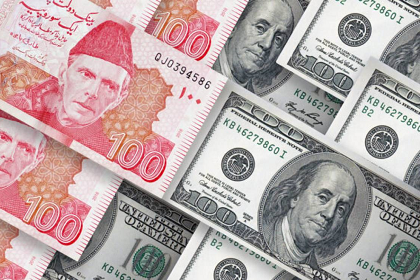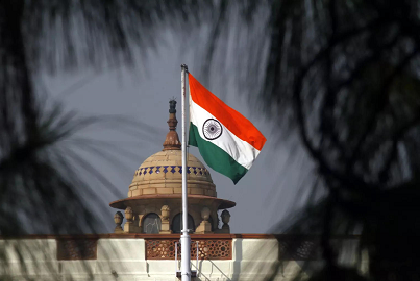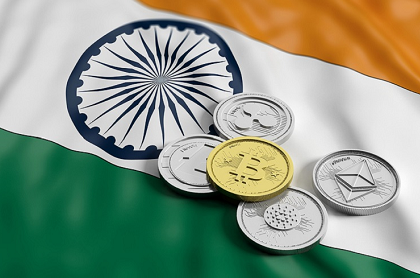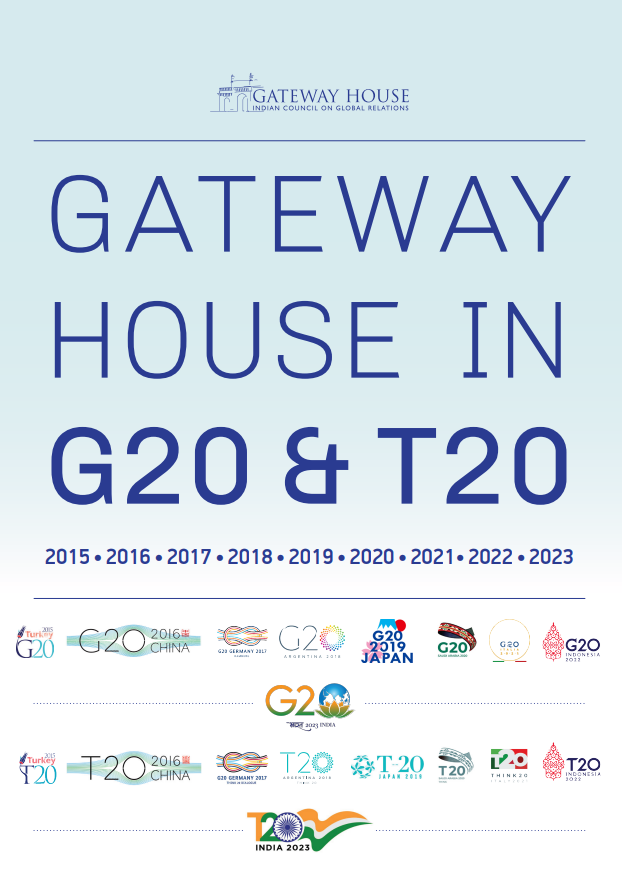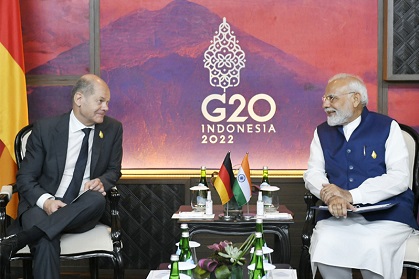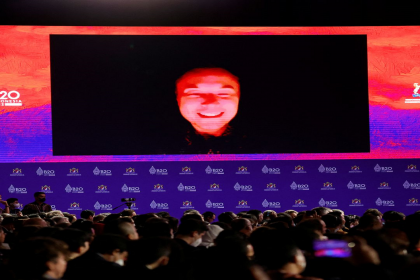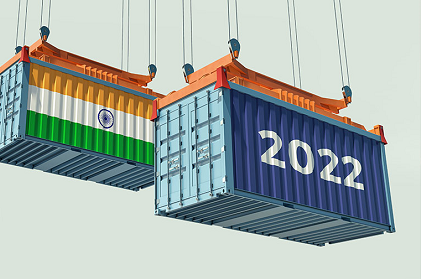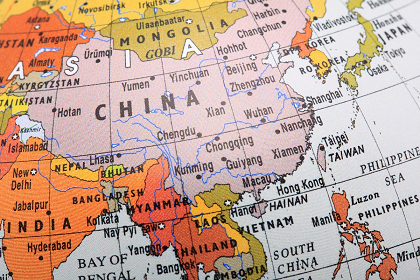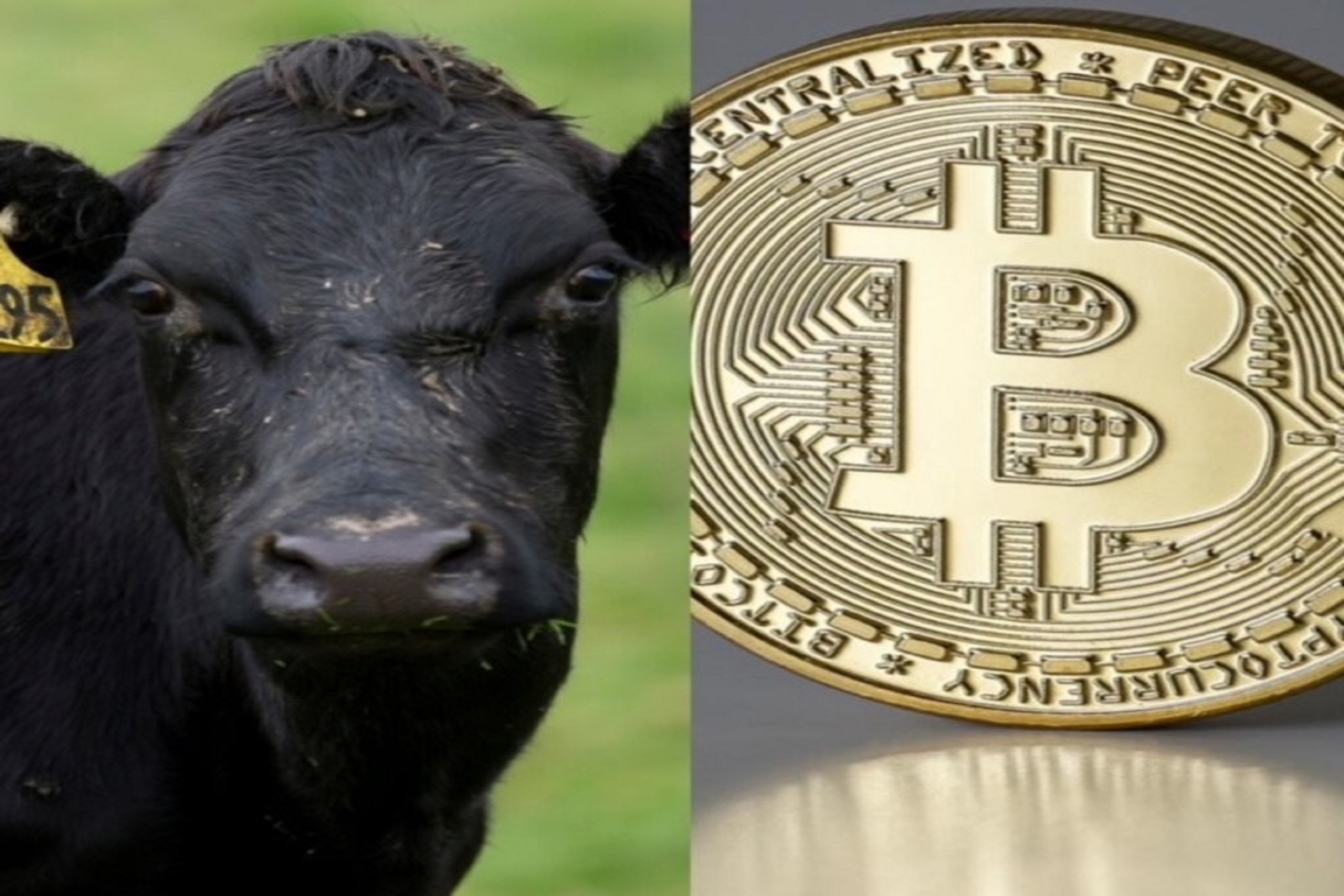Indian Diplomacy: 2023 Foreign Policy Outlook
Analysis of main milestones, opportunities, challenges and threats for Indian foreign policy in the New Year live on Doordarshan. Featuring commentary by Manjeet Kripalani, Co-founder & Executive Director, Gateway House and Dr. Deepshikha Shahi, O.P. Jindal Global University


